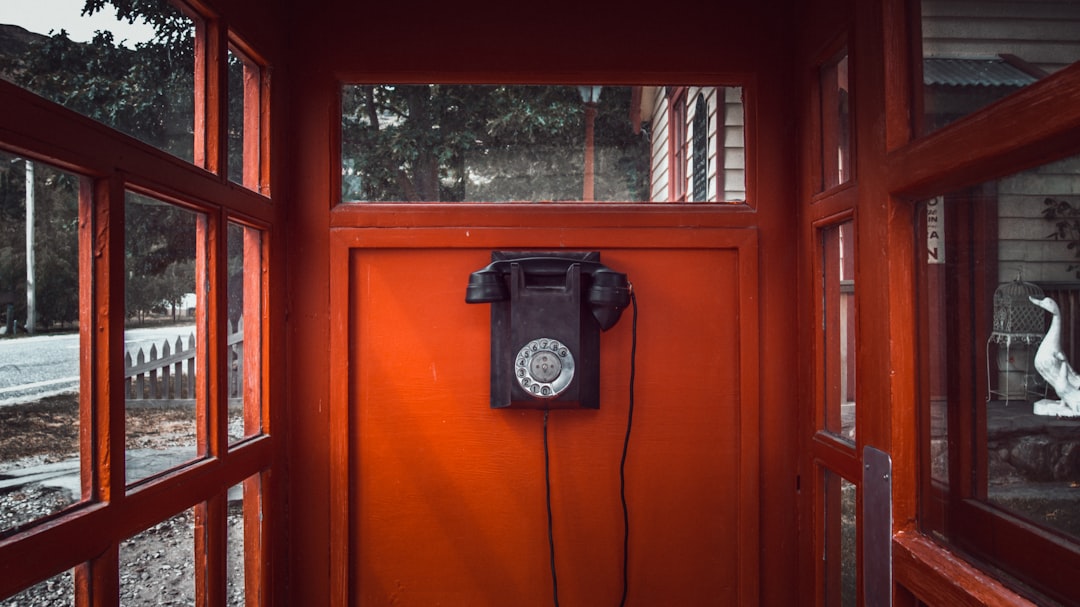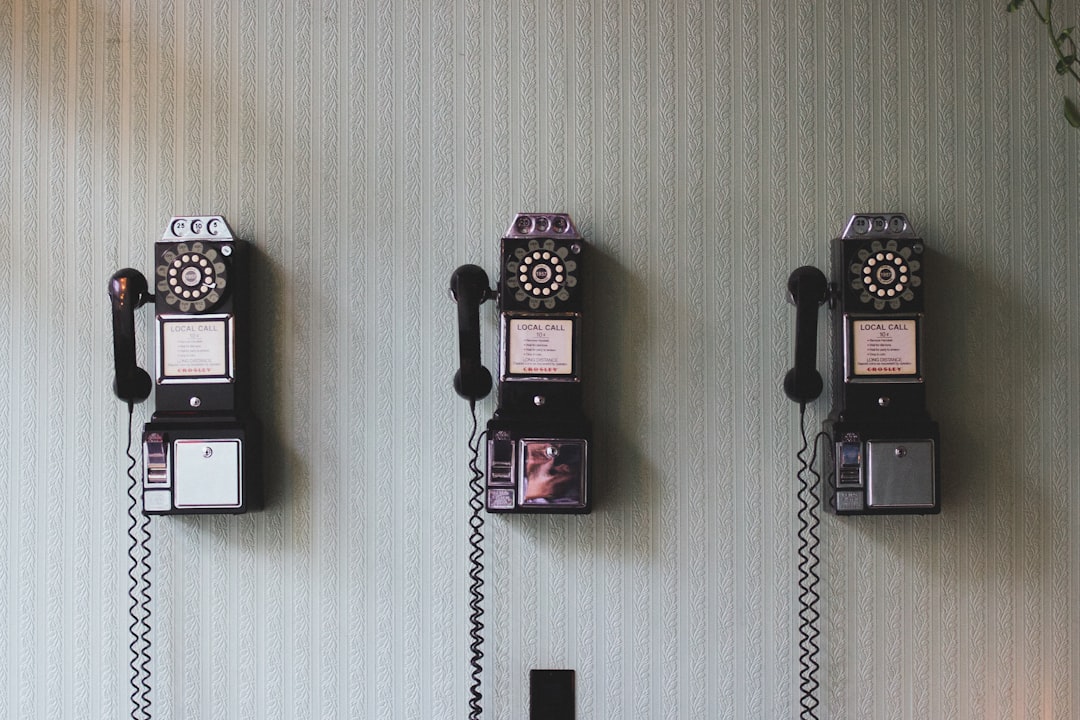In Montana, including Missoula, "Do Not Call" laws protect residents from unwanted telemarketing calls. The Montana Department of Revenue maintains a list, and the Attorney General's office enforces restrictions, investigating and prosecuting violations. Residents can opt-out of sales calls online or via mail, with penalties for businesses ignoring these protections. A Do Not Call Attorney in Montana assists individuals and companies in adhering to laws and mitigating financial impacts. If rights are violated, gather evidence and contact the Attorney General's Office or a specialized attorney for legal action.
Missoula’s Do Not Call laws, governed by Montana state legislation, offer residents vital protection against unwanted phone calls. This comprehensive guide delves into the legal framework surrounding these regulations, highlighting the crucial role of the Attorney General in enforcing phone spam laws. We explore who is protected, potential penalties for violations, and essential steps to file complaints, empowering Montanans to safeguard their privacy. Understanding these laws is key to ensuring your rights as a ‘Do Not Call’ registrant and holding offenders accountable.
Understanding Do Not Call Laws in Montana: An Overview

In Montana, including Missoula, Do Not Call laws are designed to protect residents from unwanted telemarketing calls. These laws give consumers the power to opt-out of receiving sales or marketing calls at their homes or places of work. A “Do Not Call” list is maintained by the Montana Department of Revenue, which enforces restrictions on businesses making phone solicitations. Businesses that violate these rules can face penalties and legal action from Do Not Call Attorney Montana.
Understanding when a call is considered unsolicited is key to navigating these laws. Typically, a call is unwanted if it’s received by a person listed on the Do Not Call list and lacks prior express consent from the recipient. Consumers in Missoula have the right to register their phone numbers online or via mail, ensuring they receive fewer sales calls. By registering, residents can avoid unwelcome telemarketing and take control of their communication preferences.
The Role of the Attorney General in Enforcing Phone Spam Laws

In Montana, including Missoula, the Attorney General plays a crucial role in enforcing phone spam and protection against unwanted calls regulations. The Attorney General’s office is responsible for investigating and prosecuting violations of the Do Not Call laws, ensuring that businesses and individuals respect the privacy and autonomy of Montana residents. They actively monitor complaints related to phone spam, including unauthorized automated calls, prerecorded messages, and sales calls made after being placed on the Do Not Call list.
When a resident of Missoula files a complaint about receiving unsolicited calls, the Attorney General’s office steps in to protect the rights of the consumer. They can issue cease-and-desist letters to violators, conduct interviews, and gather evidence to support legal action against companies or individuals engaging in phone spam activities. This proactive approach by the Attorney General helps maintain a robust legal framework for Do Not Call protections, ensuring Montana residents can enjoy their right to peace and quiet at home without intrusive telemarketing calls.
Who is Protected by Missoula's Do Not Call Laws?

Missoula’s Do Not Call laws are designed to protect residents from unwanted telemarketing calls, offering them a measure of privacy and peace. These regulations extend to all individuals within the city limits, ensuring that citizens can enjoy their personal time without constant interruptions from sales calls.
The protection offered by these laws is not limited to specific demographics; instead, every resident, regardless of age or occupation, is entitled to enforce these rules. This includes both homeowners and renters, providing a comprehensive shield against intrusive telemarketing practices. With the assistance of a qualified Do Not Call Attorney in Montana, residents can assert their rights and take legal action if their privacy is violated.
Penalties and Fines for Violations: What Are the Consequences?

In Missoula, as in many parts of Montana, violations of Do Not Call laws can result in significant penalties and fines. These penalties are designed to deter unwanted telemarketing calls and protect consumers’ privacy. If a business or individual disregards a consumer’s registered “Do Not Call” status, they may face substantial financial repercussions. Fines can range from $50 to $1,500 per violation, with additional costs for each subsequent offense.
A Do Not Call Attorney in Montana can help individuals and businesses navigate these legalities. They can provide guidance on how to avoid violations, understand the scope of the law, and mitigate potential fines. Such attorneys ensure that companies comply with state regulations, thereby safeguarding their operations from legal risks and financial burdens associated with Do Not Call laws.
How to File a Complaint and Protect Your Rights as a Montanian

If you’re a Montanian and believe your rights under the state’s Do Not Call laws have been violated, it’s crucial to know how to file a complaint. The first step is to gather evidence, such as recorded calls or any communication from the caller that confirms they are contacting you despite being on your Do Not Call list. Once you have this, you can contact the Montana Attorney General’s Office, which has a dedicated team for handling consumer complaints, including those related to telemarketing and sales calls. They can guide you through the process of filing a formal complaint against the offending caller or company.
Engaging a Do Not Call Attorney Montana is another effective strategy. These legal professionals specialize in navigating the state’s regulations and can help you understand your rights and options. They may be able to resolve the issue through negotiation or, if necessary, take legal action against the violator, potentially securing damages for any emotional distress or financial loss incurred due to the repeated calls.






